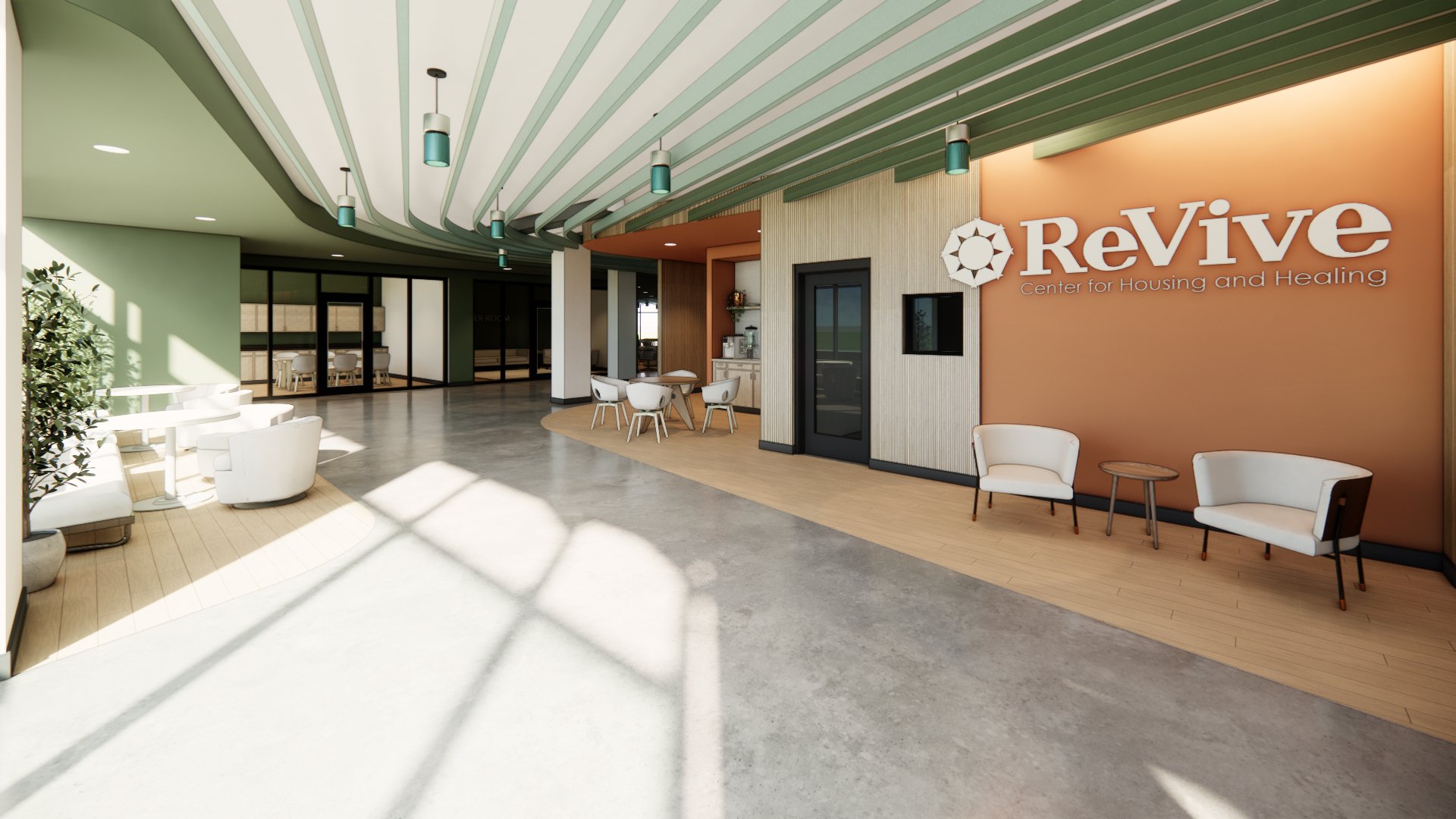OUR WORK
Homelessness Ends With a Home.
According to Chicago's 2017 Point-in-Time Count, on any given night there are more than 5,600 people homeless in Chicago, nearly 1/3 of whom are children. Chicago continues to work towards ending homelessness by implementing strategies from Chicago's Plan 2.o., but there is still a great deal of work to be done. Annually more than 90,000 men, women, and children experience homelessness in Chicago.
ReVive Center for Housing and Healing is part of Chicago's Continuum of Care (CoC) comprised of individuals and organizations committed to preventing and ending homelessness. The CoC includes more than 100 agencies with 164 projects that provide housing for individuals and families experiencing homelessness.
Contrary to what some might think, housing is also the cost-effective answer to homelessness. Persons living on the streets are high users of emergency rooms, jails, the court system, and emergency shelters, all of which are very expensive, with limited long-term impact. Studies demonstrate that permanent housing can save taxpayers thousands of dollars a year, all while providing an opportunity for growth and change.
“I came here because my boy and me needed a place to live. I remember it like it was yesterday. I needed Cressey House to help me do better. You gave us home.”
Addressing the complex issues that led an individual to homelessness is much easier when a person has a place to call home. ReVive Center follows Housing First and Harm Reduction principles to assure a quick move from homelessness to housed and continued housing retention.
Housing First, simply put, removes barriers to admission for persons experiencing homelessness. There is greater success addressing the root causes of someone's homelessness once he or she is housed. Once someone has an apartment, one-on-one assistance is provided to help establish an individual success plan to address what the individual deems most important.
A key component of Housing First is Harm Reduction. Housing in and of itself, is the initial step of reducing harm. Our case managers and social workers approach continued harm reduction through non-judgmental, open, and honest communication. We encourage healthy choices but if a client has a momentary lapse, it does not put their housing in jeopardy.
ReVive Center understands trauma, and has worked extensively with homeless individuals to better understand the root cause of homelessness. Experiencing homelessness is a form of trauma. It is often the trauma of abuse that led to homelessness in the first place. Most people have lost every possession they've ever had. And many have experienced physical trauma while being homeless. The safety and security of an apartment is the first step to addressing these complex and deeply entrenched feelings of hopelessness and helplessness.
GET INVOLVED
Make a donation, volunteer, purchase necessities for people living on the streets.
MAKE A DONATION
Without the generous contributions from donors all across the greater Chicago area we could not do the work of preventing homelessness in Chicago.




